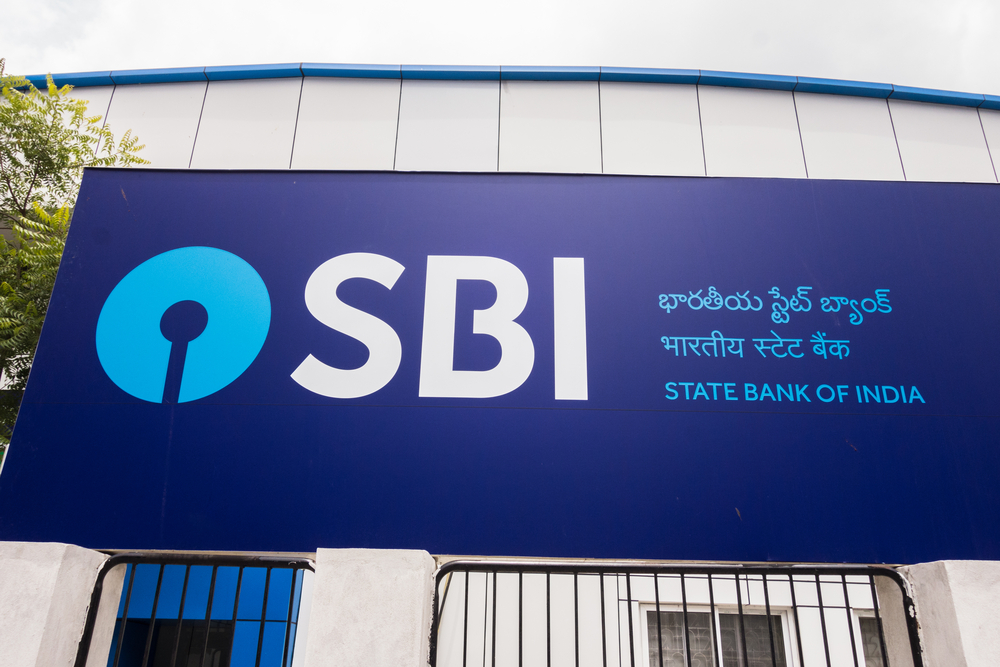State Bank of India has bucked the trend of cutting lending rates following a RBI repo rate cut — instead offering to lower rates on its deposits which will hit ordinary savers.
The SBI on Wednesday lowered the fixed deposit rates by 40 basis points across various tenors. The cut comes after the Reserve Bank of India (RBI) brought down the policy repo rate by 40 basis points to 4 per cent last week.
This is the second time in this month that the country’s largest bank is reducing its fixed deposit rates.
India’s No. 1 bank had reduced its marginal cost of funds-based lending rate (MCLR) by 15 basis points earlier this month but then proceeded to raise the mark-up on the MCLR rate for retail loans, a sign of risk averseness during the pandemic.
Apart from revising the term deposit rates for up to Rs 2 crore, SBI also slashed the bulk deposit rates (Rs 2 crore and above) by 50 basis points.
According to information available on its website, while the revised interest rates will be effective from Wednesday (May 27), deposits for one year to less than two years will now earn an interest rate of 5.10 per cent against 5.50 per cent earlier.
Similarly, deposits between seven days to 45 days will now earn an interest rate of 2.9 per cent while it will stand at 3.9 per cent for those between 46 days to 179 days and 4.4 per cent for fixed deposits of 180 days to less than one year.
So far in this calendar year, SBI has reduced the one-year MCLR by 65 basis points. Though the country’s banking system moved to adopting an external benchmark (like the repo rate plus a spread) to price all floating rate loans to MSME and retail borrowers from October last year, some of its customers still remain under the MCLR system. Under this regime, most of the home loans are linked to the one-year MCLR.
In late March, SBI had reduced its EBR by 75 basis points to 7.05 per cent. It now charges a spread of 20 basis points to this benchmark rate. Under the current RBI norms, banks can review the external benchmark rate at least once in three months.
Meanwhile, in a separate announcement, SBI said that it has decided to automatically extend the EMI moratorium to its customers by three months.










